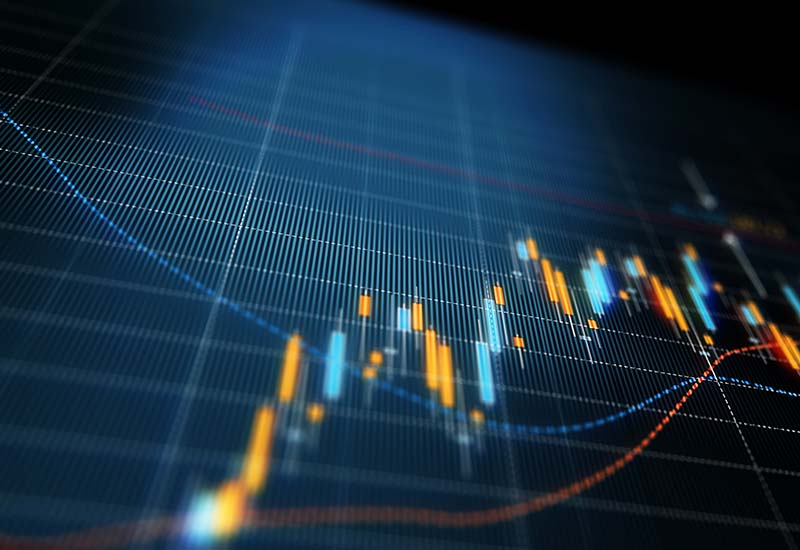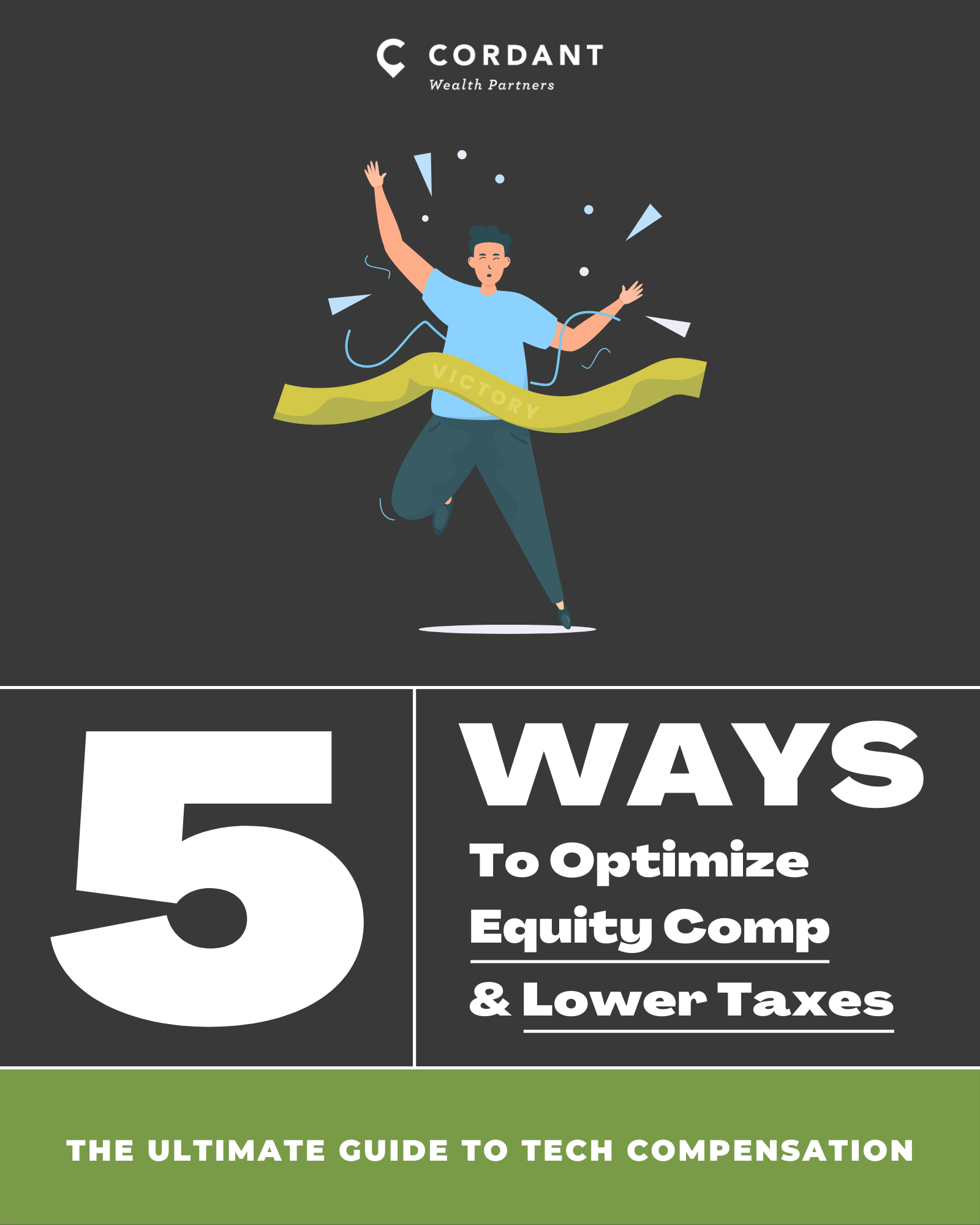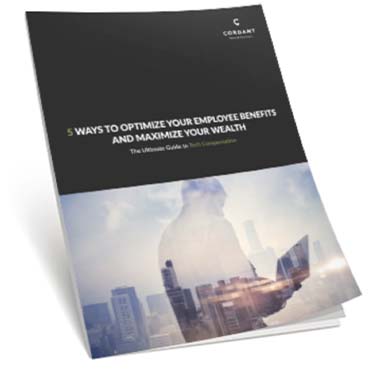After starting the year down around 10%, markets have rallied since early February (including the June Brexit blip) and through the third quarter global equities are up 6.6% for the year. But, the question on everyone’s mind is: will this continue? With an election looming five weeks away, many are expecting market volatility to pick up. And everyone is wondering what impact the election of a new president will have on their portfolio.
In this quarterly recap we will briefly look at last quarter and YTD performance of key asset classes. We will then spend the remaining time addressing the election’s impact on the markets and your investments.
Q3 and YTD Performance Recap
The 3rd quarter was a good quarter for the diversified investor—specifically it was the first quarter in quite a while where the S&P 500 wasn’t one of the top places to be allocated. Risk assets performanced well, with stocks and high yield bonds up between four and nine percent. The strongest performance in the quarter came from Emerging market, Value stocks, and US Small and Mid-cap stocks. The S&P 500 index was actually the worst performing of the equity indexes measured.
Bond returns were close to flat as Ten-year treasury rates rose 0.12% in the quarter (bond prices decline as interest rates rise). Commodities and REIT’s were the only asset classes down more than a percent in the quarter.
Year to date we’ve seen strong performance across the board. Diversified bonds (Barclays Aggregate Bond Index) have returned just under 6 percent while global stocks (ACWI or All-Country World Index) have returned just over 6 percent. The best performing assets classes year to date are Emerging market stocks, High Yield bonds, Small Value stocks and Long-term treasuries.
So far, 2016 has provided decent performance across the board, but the question on everyone’s mind is what about the election coming up next month? In the remainder of this article will examine the election’s impact on the markets.
Elections and the Markets
“I think that you will all agree that we are living in most interesting times. (Hear, hear.) I never remember myself a time in which our history was so full, in which day by day brought us new objects of interest, and, let me say also, new objects for anxiety. (Hear, hear.)” — Joseph Chamberlain, 1898
The upcoming election is the “single biggest threat to the U.S. economy” according to 61% of Americans surveyed by Bankrate.com. This ranks “well ahead of such ominous potential threats as terrorism (12%), global economic turmoil (9%), a stock market decline (8%), or an interest-rate hike (5%).” And this perceived danger transcends political affiliation. According to the same study 68% of Republican, 61% of Independents and 60% of Democrats feel threated by the election’s outcome.
Consequentially, some investors are taking action. According to Fortune, “Wealthy U.S. investors are holding record cash balances out of fear that the U.S. presidential election will wreak havoc on their retirement accounts.”
And a casual sampling of election related headlines tells the same story: one of fear, anxiety, and uncertainty over who will be the next resident of the White House. Here are a few:
Election Update: The Case For And Against Democratic Panic
US election 2016: Six reasons it will make history
Poll: Most Americans fear election of Clinton or Trump
Election 2016: Voting Against Hatred and Fear, but Not For Anyone
While the media may be enjoying this election (“fear sells”) the markets don’t like uncertainty. One measure of this uncertainty is market volatility. As measured by the VIX Index, volatility did rise in the last couple of weeks (although still historically low and fell again last week). It will be interesting to see how this moves over the next month leading into the election.
The fear and uncertainty surrounding this election is real—evidenced by surveys, headlines and market volatility—making it seem like one of the most important, monumental elections in recent memory.
But here’s the deal: we always feel this way. Most elections, while we are in the midst of them, feel like downright monumental. Consider the following headlines going all the way back to 1864 where Lincoln faced McClellan for the highest office in the land:
“We have had many important elections, but never one so important as that now approaching.”
1864 Lincoln vs. McClellan
“The Republic is approaching what is to be one of the most important elections in its history.”
1888 Harrison vs. Cleveland
“I look upon the coming election as the most important in the history of this country since the Civil War.”
1924 Coolidge vs. Davis
“I think this election is one of the most vital in the history of America.”
1976 Ford vs. Carter
“This is the most important election in this nation in 50 years.”
1984 Reagan vs. Mondale
“It may be the most important election of this century.”
1988 Bush vs. Dukakis
“I ask you to join with me for these last three days to reach out and call your friends and family and neighbors to tell them this is the most important election in a generation.”
1992 Bush vs. Clinton
“It’s the most important election of our lifetime.”
1996 Clinton vs. Dole
“…historically is the most important national election in my lifetime.”
2000 Bush vs. Gore
“My fellow Americans, this is the most important election of our lifetime.”
2004 Bush vs. Kerry
“may be the most important election of our lives.”
2016 Clinton vs. Trump
There’s a century and a half of evidence to suggest we always feel like whoever the current election candidates are and whatever hot-button issues may be, the current election is the most important one in a lifetime/generation/century, etc. As the Chamberlain quote at the onset of this article illustrates, we tend to estimate the present day to be fraught with more anxiety than any before it.
Monumental Examples
So while this election feels different that any before it, we as a country, and as individually as investors, have gone through a number of terrible and earth shattering Presidential events. Consider the following:
- Two presidents have died in office; with one surviving an assassination attempt
- An election cycle where a leading candidate was assassinated after winning the California primary
- Two presidents were impeached; with one resigning
- An election that was too close to call; the outcome being decided by Congress two months after election day
- Specifically:
- March 1981 – – Reagan survives an assassination attempt 2 months after taking office. The S&P returns 72% annualized over his first term 1981-84.
- December 1998 – – Clinton impeached for perjury; the S&P returns 20% over his second term from 1997-2000
- June 1968 – – RFK assassinated in LA after winning California Democratic primary; S&P returns 67% annualized over 1969-72 presidential term
- April 1945 – – FDR dies 3 months after being elected to his fourth consecutive term…the S&P goes on to return 9% annualized through the end of 1948 with Truman finishing the term.
And we should recall how just over three months ago there was a potential country defining vote across the Atlantic. Britain’s vote to leave the EU caught many by surprise and immediately introduced a whole lot of uncertainty into the markets. After all, this was a vote not of the election of one person to office for a mere four years, but one deciding the entire future direction of a country. The markets reacted immediately and swiftly (blue oval in chart below) to the surprise “Leave” outcome, but it didn’t take long for order to be restored and international markets have rallied since.
Markets are Resilient
So, why does this happen? Why, in the midst of elections or monumental world events, does the anxiety about investment prospects rise, but over time markets tend to shake it off?
Here it serves to remember where stock returns come from. A stock market is nothing more than the discounted, present value of the earnings of all companies making up the market. In the U.S. that means the profits from all iPhones sold, all the sales of consumer products by Johnson & Johnson, all the future innovation by Tesla, etc. While tax and trade policy can certainly affect a company’s earnings, it’s going to be difficult for any president to affect the long run outlook for corporate profits by too much.
Think of the economy like a supertanker, an enormous ship that can’t turn on a dime. It’s going to take considerable time, and a number of different individuals all working in coordination to turn the ship. The economy is the same. The future earnings of all the companies in the U.S. aren’t going to instantly change based on who is elected President.
Lastly, let’s look at the data. What have the markets tended to do during and following election years? Here’s a summary going back to the 1920’s:
- Average Return during Election Year = 11.2%
- Average Return Subsequent to Election = 9.3%
- Average return per Presidential term = 10.1%
And, according to Wolfrom’s Demonstrations Project if you invested $10,000 starting in 1897 in the Dow Jones Industrial Average in only years where a Republican was in office you’d end up with $156k and $217k if you invested when the Democrat was in office. However, if you stayed invested under both you’d end up with $3.4 million!
It is difficult to identify systematic return patterns in elections years although many academics and authors have tried (see here, here and here). However, the large negative outliers in returns (Great Depression and Great Recession) were caused by major economic events and not the election of any particular president.
And to further elaborate this point, consider the next chart (which we’ve used before). Since 1970, despite many major world crises, the markets have rewarded discipline.
In Conclusion
While the headlines surrounding the election are fear inducing, it serves us well to look at the history. Many times we feel this time will be different. But, the market is ultimately made up of the earnings power of the companies that are part of it and the long term fundamentals of these companies can’t be immediately swayed, no matter who is elected for a four-year term.
Key points:
- We typically feel that every election is monumental during the election cycle
- It is difficult to identify systematic return patterns in elections years.
- On average, market returns have been positive both in election years and the subsequent year.
- Market expectations associated with election outcomes are embedded in security prices already making it difficult to profit a particular outcome.
Democrat, Republican or Independent, there never feels like a perfectly safe time to invest—that’s part of being an equity investor and pat of the reason you expect to earn an attractive return over time. Or as Michael Crichton once wrote, “There is always a cause for fear. The cause may change over time, but the fear is always with us.”
The Most Important Article in Our History” Sept, 5, 2004 The New York Times http://www.nytimes.com/2004/09/05/weekinreview/the-most-important-article-in-our-history.html
Click here for disclosures regarding information contained in blog postings.
Cordant, Inc. is not affiliated or associated with, or endorsed by, Intel.






